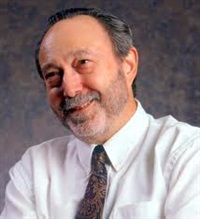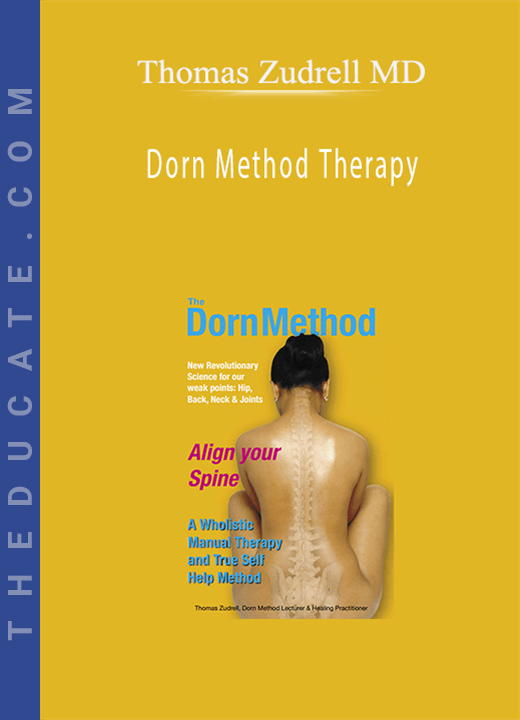Description
Stephen Porges – The Emergence of a Polyvagal-Informed Therapy: Harnessing Neuroception of Safety in Clinical Treatment
- Faculty:
- Stephen Porges, PhD
- Duration:
- 1 Hour
- Format:
- Audio and Video
- Copyright:
- Sep 24, 2020
Description
Scientific evidence reveals how to help your clients feel safe enough to get to the REAL issues so they can finally heal from trauma, depression, addiction and other mental health challenges.
Trauma and stress rewire your clients’ nervous system – keeping the autonomic nervous system (ANS) in a constant physiological state that supports fear and defense. This can make them easily agitated, always scanning the environment for signs of danger, or numb and completely shut off from the world.
When the nervous system is in self-protection mode, clients are physically incapable of feeling safe, connecting with others or healing mental and physical wounds, which compounds their suffering.
You can help them find their way back to safety by leveraging the revolutionary tools and insight from the Polyvagal Theory.
Handouts
| Manual – The Emergence of a Polyvagal-Informed Therapy (9.4 MB) | 59 Pages | Available after Purchase |
| PESI Virtual Summit: Lessons Learned (911.9 KB) | 12 Pages | Available after Purchase |
Outline
Polyvagal Theory
- The role of autonomic state as an intervening variable mediating trust and calmness or reactivity to threat
- The importance of acknowledging and honoring the consequences of a neuroception of threat
- The effect of treat on autonomic state and neuroception
Strategies to mitigate threat
- Role of the social engagement system is therapy
- Harnessing the power of neuroception in therapy
Faculty

Stephen Porges PhD Related seminars and products: 21
Professor
Kinsey Institute, Indiana University and Department of Psychiatry at the University of North Carolina- Chapel Hill
Stephen W. Porges, PhD, is Distinguished University Scientist at Indiana University, where he is the founding director of the Traumatic Stress Research Consortium within the Kinsey Institute. He holds the position of Professor of Psychiatry at the University of North Carolina and Professor Emeritus at the University of Illinois at Chicago and the University of Maryland.
Dr. Porges served as president of both the Society for Psychophysiological Research and the Federation of Associations in Behavioral & Brain Sciences and is a former recipient of a National Institute of Mental Health Research Scientist Development Award. He has published more than 300 peer reviewed scientific papers across several disciplines including anesthesiology, biomedical engineering, critical care medicine, ergonomics, exercise physiology, gerontology, neurology, neuroscience, obstetrics, pediatrics, psychiatry, psychology, psychometrics, space medicine, and substance abuse.
In 1994 Dr. Porges proposed the Polyvagal Theory, a theory that links the evolution of the mammalian autonomic nervous system to social behavior and emphasizes the importance of physiological state in the expression of behavioral problems and psychiatric disorders. The theory is leading to innovative treatments based on insights into the mechanisms mediating symptoms observed in several behavioral, psychiatric, and physical disorders.
He is the author of The Polyvagal Theory: Neurophysiological foundations of Emotions, Attachment, Communication, and Self-regulation (Norton, 2011), The Pocket Guide to the Polyvagal Theory: The Transformative Power of Feeling Safe (Norton, 2017) and co-editor of Clinical Applications of the Polyvagal Theory: The Emergence of Polyvagal-Informed Therapies (Norton, 2018).
Dr. Porges is also the creator of a music-based intervention, the Safe and Sound Protocol™, which currently is used by more than 1000 therapists to improve spontaneous social engagement, to reduce hearing sensitivities, and to improve language processing, state regulation, and spontaneous social engagement.
Speaker Disclosure:
Financial: Stephen Porges is a Distinguished University Scientist at Indiana University; and a professor at the University of North Carolina. Dr. Porges has intellectual property rights, and receives royalties from Integrated Listening Systems (now Unyte). In addition, he holds patent rights licensed to NeuralSolution for the technology embedded in PhysioCam and in technologies embedded in products marketed by Unyte. He is an author for W. W. Norton and receives royalties. Dr. Porges receives a speaking honorarium from PESI, Inc.
Non-financial: Stephen Porges has no relevant non-financial relationship to disclose.






Reviews
There are no reviews yet.